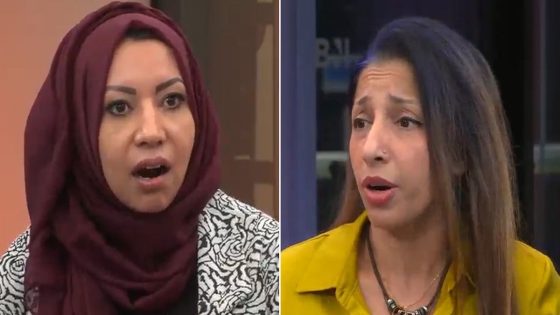The U.S. Supreme Court gave a boost on Friday to a Pennsylvania man who challenged an obstruction charge brought against him concerning the Jan. 6, 2021, attack on the Capitol in a ruling with potential implications for the federal criminal case against Donald Trump for trying to undo his 2020 election loss.
The justices ruled 6-3 to throw out a lower court’s decision that had allowed a charge of corruptly obstructing an official proceeding — the congressional certification of President Joe Biden’s victory over Trump that the rioters sought to prevent – against defendant Joseph Fischer, a former police officer. The justices directed the lower court to reconsider the matter.
Fischer had challenged the obstruction charge, which federal prosecutors brought against him and hundreds of others — including Trump — in Jan. 6-related cases. The ruling was a setback for the U.S. Justice Department and President Joe Biden’s administration and a potential benefit for Trump.
The charge of obstructing an official proceeding, which the 2002 Sarbanes-Oxley Act enacted in response to the financial scandal that brought down Enron Corp., must include proof that defendants tried to tamper with or destroy documents. Only some of the people who violently attacked the Capitol fall into that category.
Federal prosecutors estimate that about 250 of the roughly 1,400 people charged in the Capitol attack by Trump supporters could be impacted by the ruling. According to Justice Department data, about 50 Jan. 6 defendants were convicted and sentenced on the obstruction charge with no other felony. Of those, about half are currently serving a sentence of incarceration — representing less than two per cent of all charged cases.
The charge carries a sentence of up to 20 years in prison, though Jan. 6 defendants convicted of obstruction have received far lesser sentences.
Immunity ruling looms
Trump, the Republican candidate challenging Democratic President Joe Biden in the Nov. 5 U.S. election, was hit with the obstruction charge as part of a four-count criminal indictment in a case brought last year by special counsel Jack Smith.
In August 2023, Smith brought four federal criminal counts against Trump in the election subversion case: conspiring to defraud the United States, corruptly obstructing an official proceeding and conspiring to do so, and conspiring against the right of Americans to vote. Some of Trump’s charges were unrelated to the Capitol riot, specifically, as part of a scheme to install false electors in certain battleground states.
WATCH l Get caught up on the immunity case ahead of expected July 1 opinion:
After a crucial hearing, U.S. Supreme Court justices are weighing arguments for and against Donald Trump’s claims of presidential immunity from 2020 election interference charges, but a ruling will take time.
Chief Justice John Roberts wrote the Fischer ruling, joined by fellow conservative Justices Clarence Thomas, Samuel Alito, Neil Gorsuch and Brett Kavanaugh, as well as liberal Justice Ketanji Brown Jackson. Conservative Justice Amy Coney Barrett wrote a dissent that was joined by liberal Justices Sonia Sotomayor and Elena Kagan.
The Supreme Court is expected to deliver its opinion on Monday on the scope of presidential immunity from criminal prosecution, which could impact some of the charges Trump has faced in four separate criminal indictments. The court’s conservative justices signalled support during April arguments for U.S. presidents having some level of immunity from criminal charges for certain acts taken in office.
Source Agencies





